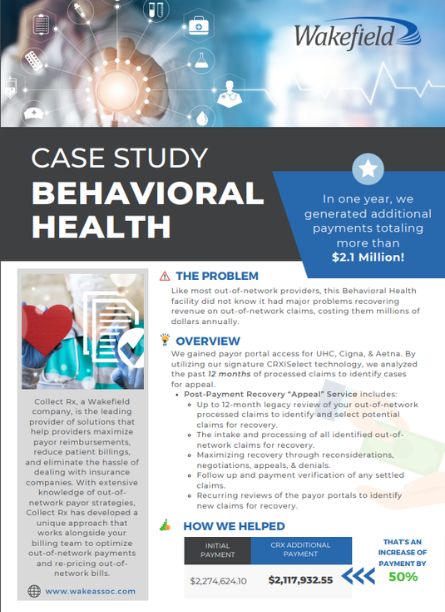Wakefield specializes in legacy conversion and AR Clean-Up, providing tailored solutions to meet your specific needs. Our services include:
Expert Planning and Implementation: We offer strategic planning and implementation support to ensure a smooth transition.
Custom AR Clean-Up Projects: Our team tailors AR clean-up projects to fit your organization’s unique requirements, improving your cash flow and accounts receivable management.
Training and Support: We provide comprehensive training for your employees to help them adapt to the new system quickly and efficiently.
By partnering with Wakefield, you can ensure that your legacy conversion and AR clean-up processes are managed effectively, allowing your staff to focus on learning the new system without fear of reduced collections or financial instability.
Planning, testing, and training are key phases that can affect the overall timeline. Engaging with a professional service like Wakefield can help streamline the process and reduce downtime.





